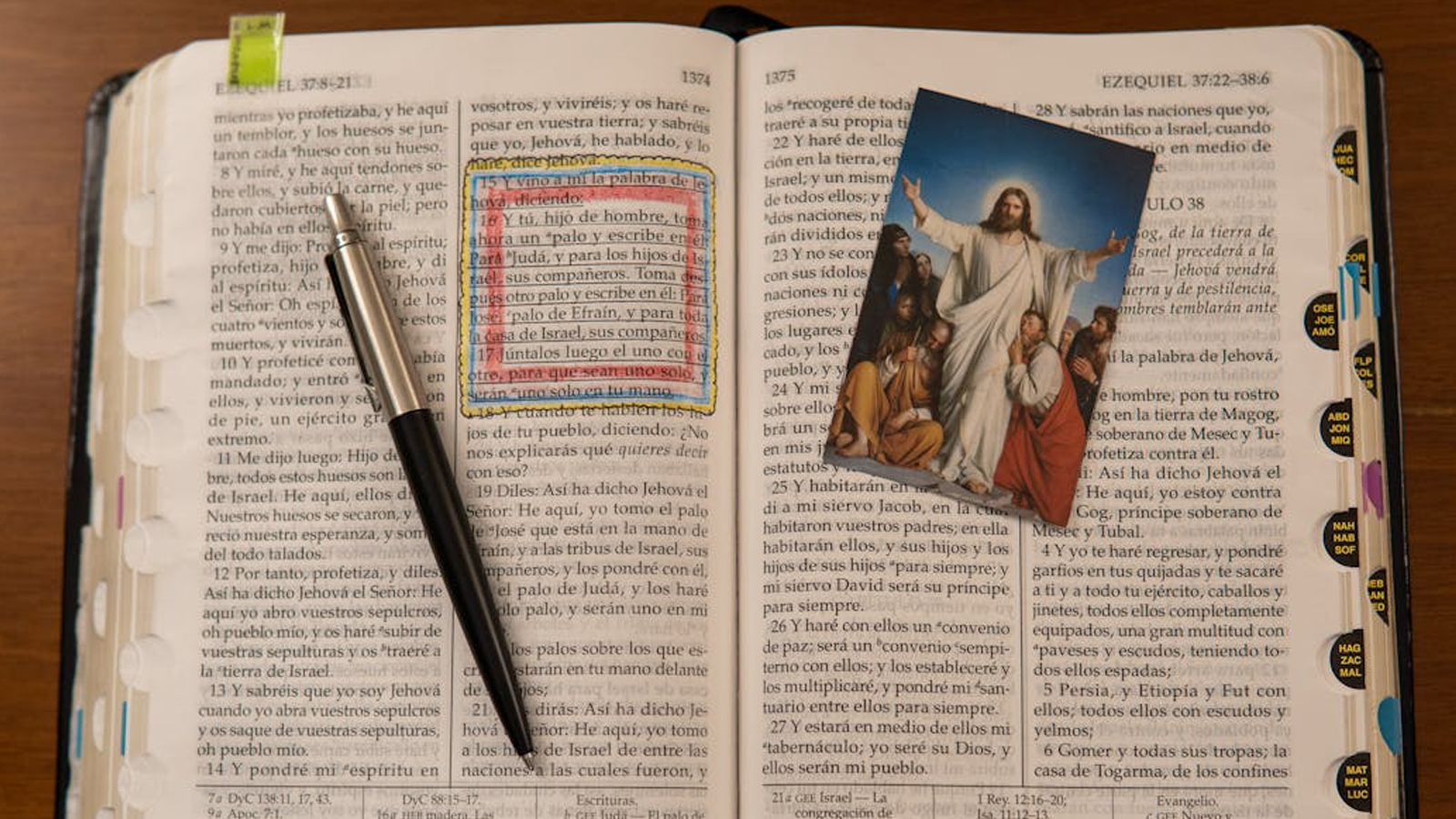
In one sense, it is true: All sin has the same consequence when measured against God’s perfection. Lying is just as significant as murder when it comes to assessing our imperfection relative to the perfection of God. Even the slightest sin demonstrates our inadequacy and need for a Savior. But make no mistake about it; some sins are clearly more heinous than others in the eyes of God (John 19:11-12). As a result, the God of the Bible equitably prescribes punishments for wrongdoing on earth and in the next life:
There Are Degrees of Punishment on Earth
When God gave the Law to Moses, He made one thing very clear: Some sins are more punishable than others. God assigned different penalties to different crimes, based on the offensive or heinous nature of the sin itself. The Mosaic Law is filled with measured responses to sin. God prescribed punishments appropriate to the crimes in question (Exodus 21:23-25). In fact, the Mosaic Law carefully assured that each offender would be punished “according to his guilt” and no more (Deuteronomy 25:2-3). The Mosaic Law is evidence of two things. First, while any sin may separate us from the perfection of God, some sins are unmistakably more offensive than others. Second, God prescribes different punishments for different crimes based on the severity of each crime.
There Are Degrees of Punishment in Hell
In a similar way, God applies this principle to the next life, prescribing a variety of punishments in eternity corresponding to the crimes committed in this life (Revelation 20:12-13). This is most apparent in Jesus’ teaching on the “Wicked Servant” (Luke 12:42-48). In a straight forward interpretation of this parable, those who reject the teaching and calling of God will be harshly punished, but those who have less clarity on what can be known about God (“the one who did not know it”) will be punished with less severity. There are degrees of punishment in Hell; God is equitable and fair when it comes to the destiny of those who have rejected Him.
God has given us enough information in the natural world (Romans 1:18-20) and in our own moral intuitions (Romans 2:14-15) to conclude He exists. Share on X
Those who know more about God are held to a higher degree of accountability and responsibility. This is clear from the words of Jesus Himself (John 9:41, John 15:22-24) and the authors of the New Testament (Hebrews 10:28-19). But God has also given us enough information in the natural world (Romans 1:18-20) and in our own moral intuitions (Romans 2:14-15) to conclude He exists. For this reason, no one holds a legitimate excuse excluding them from the justice of God. The Bible is clear: While all who reject God will be separated from Him for eternity, not all will suffer the same form of punishment. The God of the Bible is equitable and fair, loving and just. He provides a pardon to everyone (through Jesus’ work on the cross) and fairly deals with those who have rejected the pardon.

J. Warner Wallace is a Dateline featured Cold-Case Detective, Senior Fellow at the Colson Center for Christian Worldview, Adj. Professor of Christian Apologetics at Talbot School of Theology, Biola University, author of Cold-Case Christianity, God’s Crime Scene, and Forensic Faith, and creator of the Case Makers Academy for kids.
Subscribe to J. Warner’s Daily Email





























Pingback: Cold Case Christianity: Why Is the Penalty of Hell the Same, Even Though People Are So Different? | Truth2Freedom's Blog
Pingback: Wouldn’t a Loving God Make Sure Everyone Gets to Heaven? – J. Warner Wallace | Truth2Freedom's Blog
Pingback: Wouldn’t a Loving God Make Sure Everyone Gets to Heaven? | Cold Case Christianity
Pingback: Are There Different Degrees of Punishment in Hell? | Apologetics.com
Pingback: Are There Different Degrees of Punishment in Hell? | Apologetics ForumApologetics Forum
Pingback: Can The Existence and Nature of Hell Be Defended? (Free Bible Insert) | Cold Case Christianity
Pingback: Is Hell The Same For Everyone? – Take Note Of This
Gordon
December 5, 2020 at 4:22 pm
If hell is eternal, you saying the impossible. Infinity is infinity. God becomes no longer merciful or loving, and the fire hurts without burning. And not only that, but according to Dogma, he glorifies in it.
He also does NOT fairly deal with sin, as he favors those who have heard and believed the gospel only. If you never hear it, or the Gospel is blasphemed by its preachers, God will damn you and for reason that you are imperfect and unable to do the impossible that he demands of you.
If that’s unfair, if can’t be: by definition, anything God does is right, so it is fair. If this God seems evil, he’s not, by definition. He does what he wants, and in the same way he chewed out Job, we’re tok dumb to understand.
You see why the modern Fælspel is so repulsive to those with a sense of reason?